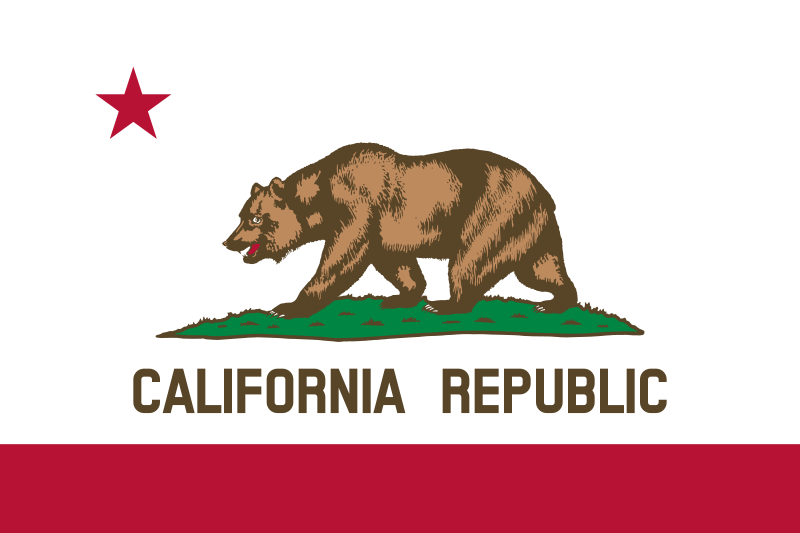In California, campaigns have raised more than $694 million through October 17 to support or oppose statewide ballot measures on the November 3 ballot. An additional $13 million was raised for Proposition 13, which was defeated on March 3, bringing the total for the year to $708 million. In 2018, campaigns for and against 16 measures raised $369 million in California for the entire election cycle.
Of the 12 measures on the November ballot, contributions to the campaigns surrounding four of the measures—Propositions 15, 21, 22, and 23—account for 80 percent of the total contributions. Proposition 22, which would define app-based drivers as independent contractors, accounts for 30 percent of this year’s total.
Proposition 22, at $218 million between supporters and opponents, is also the most expensive ballot measure election in California history. The difference in the amount raised by supporters and opponents is 10-to-1. Yes on 22, backed by Uber, Lyft, Doordash, and Instacart, received $199 million. No on 22 received $19 million, with labor unions and organizations as the five largest donors.
Proposition 15, at $124 million, is the second most expensive ballot measure election in California this year. Proposition 15 would require commercial and industrial properties, except those zoned as commercial agriculture, to be taxed based on their market value, rather than their purchase price.
Yes on 15 raised $63 million, with a $17-million contribution from the California Teachers Association and a $12-million contribution from Chan Zuckerberg Advocacy. Chan Zuckerberg Advocacy also contributed $2 million to oppose California Proposition 20 and $500,000 to support Oregon Measure 110.
No on Prop 15 raised $61 million, with more than half coming from the California Business Roundtable. The California Business Roundtable was also active in opposing Proposition 21, contributing $6.2 million.
Proposition 21 would allow local governments to enact rent control on housing that was first occupied over 15 years ago, with an exception for landlords who own no more than two homes with distinct titles or subdivided interests. Proposition 21 is similar to 2018’s Proposition 10, which would have allowed local governments to enact rent control without specified limits. The campaigns surrounding Proposition 21 and Proposition 10 involve several of the same organizations. Yes on 21 received $40 million, with the AIDS Healthcare Foundation providing 99 percent of the total. No on 21 received $73 million, including $12 million from Essex Property Trust and $11 million from Equity Residential.
Proposition 23 is also similar to a ballot measure that was defeated in 2018 and involves several of the same supporters and opponents. Proposition 23 would require chronic dialysis clinics to: have an on-site physician while patients are being treated; report data on dialysis-related infections; obtain consent from the state health department before closing a clinic; and not discriminate against patients based on the source of payment for care. Yes on 23 received $9 million, which came from the SEIU-UHW West, a labor union that represents healthcare workers. No on 23 received $105 million—12 times the amount that supporters received. DaVita and Fresenius Medical Care, which are both dialysis companies, contributed $67 million and $30 million, respectively.
Across the 12 ballot propositions, three individuals were top donors to several measures related to criminal justice, affirmative action, and voting policies. Connie and Steve Ballmer, the former CEO of Microsoft, contributed a combined $6 million to Yes on 25, which seeks to replace cash bail with risk assessments in California, and $1 million to Yes on 16, which is campaigning to repeal a 1996 state constitutional amendment that prohibited race-based and sex-based affirmative action in public employment, education, and contracting.
Patty Quillin, whose spouse is Netflix CEO Reed Hastings, donated $1 million to Yes on 25 and $1 million to Yes on 16. Quillin donated $2 million to No on 20, which opposes a ballot measure to add crimes to the list of violent felonies for which early parole is restricted; recategorize certain types of theft and fraud crimes as wobblers (chargeable as misdemeanors or felonies); and require DNA collection for certain misdemeanors.
Quillin also contributed $250,000 to Yes on 17, which supports an amendment to allow people on parole for felony convictions to vote, and $250,000 to Yes on 18, which supports a constitutional amendment to allow 17-year-olds who will be 18 at the time of the next general election to vote in primary elections and special elections.
Across the U.S., more than $1 billion has been raised for 129 statewide ballot measures—120 of which are on the November 3 ballot—so far. After California, the state with the most ballot measure campaign finance activity is Illinois, which only has one measure on the ballot.
In Illinois, more than $110 million has been raised for and against a constitutional amendment to allow for a graduated income tax. Massachusetts and Colorado rank third and fourth. Ballotpedia will track ballot measure contributions and expenditures made through the remainder of the election cycle, which ends on December 31, 2021.
Additional reading:


